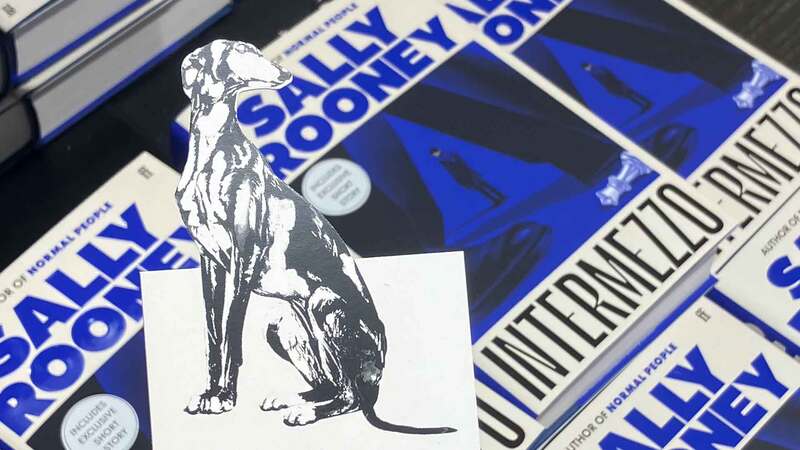You are viewing your 1 free article this month. Login to read more articles.
The perfect Foyle?
When the news broke of Waterstones acquiring Foyles there was a lot of concern about what this meant for the 115-year-old business that in the last decade became everyone’s favourite bookshop. Most were fears echoing through from Waterstones’ past acquisitions, most notably that homogenisation of the buying would lead to a loss of Foyles’ unique character or make it harder for some books to find their place on the shelves. Worse was the fear that they will do unto Foyles as they did Dillons and Ottakars, gut and assimilate, or else simply neglect, strip back costs, centralise buying, erode the brand and destroy morale and what customers love about the business. All of course would be madness, par for the course in other management eras, but not in James Daunt’s. The more likely plan is that they will leave it as a heritage brand, exactly like Hatchards but appealing to a slightly different market.
This would not be a bad future for the heritage business that was old Foyles, but what all the fear recognises is it would be a sad outcome for anyone who has revelled in Foyles’ revitalisation and evolution to much, much more than a heritage brand. Foyles has come to possess that magic that elevates the greatest brands and inspires real love from customers, the magic that Waterstones had before the worst of the HMV years eroded it and that James Daunt hasn’t quite been able to bring back.
So the most interesting thing about the concerns is not really what they said about how the industry feels about Foyles’ future, but the nerviness about Waterstones’. Daunt’s powerful statement on the acquisition simply didn’t cut through to provide many with reassurance. Regardless the purchase should be seen, more than anything the company has done in recent years, as proof of intent.
Since Daunt took over management of Waterstones in 2011 he has done an incredible job revitalising it whilst also being honest about what they haven’t been able to achieve. He has made controversial decisions, not least in white labelling some Waterstones as unbranded ‘independent’ bookshops. The consummate independent bookseller, he has always seemed a man frustrated that not everyone is as with the programme as he has been since day one of realising that our national chain is as in need of championing and protecting as independent bookshops are. He has disappointed many simply because he hasn’t been able to do what they wanted him to: invent a time machine so he can go back and undo the decline of bookselling on the high street. And arguably this is exactly what Foyles has done, why the industry feels the purchase so keenly and why we should be excited that Waterstones is welcoming it into the family.
The teams who have worked at Foyles over the last 19 years have defied the odds to completely change the business’ fortunes. Many are no longer there (though some brilliant staff members—including the core buying team of Jasper Sutcliffe and Heather Baker and the creative designer Jeff Clark—remain) but, regardless, there is an incredible wealth of business knowledge. Of course James Daunt has also defied the odds to turn around Waterstones, and it is a much larger and more unwieldy tanker to turn around. He is an exceptional bookseller with a powerful vision and we are lucky that under the new ownership he remains so committed to Waterstones and that the new owners remain so committed to him. Both companies have been rebuilt by brilliant booksellers creatively problem solving to overcome so many internal and external challenges. Waterstones can bring much to Foyles, not least because there is profit in the cost reduction of shared warehousing and pressuring publishers over increased terms. But recognising that Foyles can bring so much to Waterstones is where the value in the acquisition lies.
If Daunt can successfully combine Foyles’ and Waterstones’ strengths (including his own fantastic booksellers and head office team), if he can manage to not only keep hold of the very best staff but to also potentially increase their remit, maintain customer passion for the businesses, fortify rather than reduce, then no one could doubt they are stronger together. But the true prize will be if the acquisition could see Foyles bringing back to Waterstones that tiny bit of bookselling magic, the lack of which has been stopping Waterstones from winning back hearts as fully as they need to. If Daunt can navigate both companies through that then we might finally have the national bookselling chain we want, need and deserve. No time machine required.
Julia Kingsford is co-founder of Kingsford Campbell, The Good Journal and The Good Literary Agency. She worked at Foyles from 2005-2011 and was head of marketing from 2008.



















